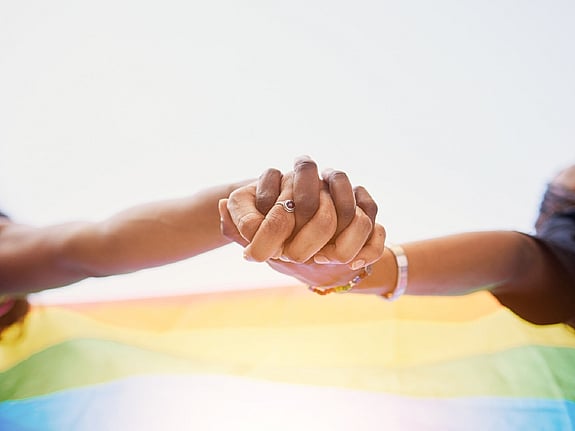In a world where millions of people are displaced, many are forced to seek refuge in other countries due to persecution and danger based on their identity and who they love. It is crucial that these individuals have access to adequate care and support when they need it. A recent study at the Swedish Red Cross University sheds light on the challenges that nursing education faces in meeting the needs of refugees with diverse sexual orientations, relationships, gender identities, and gender expressions (here referred to as LGBTQ+).
Nurse education
The study aimed to explore experiences and perspectives regarding education that prepares nursing students to meet and support refugees who identify as LGBTQ+. The research involved discussions with students and professionals in nursing programs across Sweden.
"We wanted to understand how education can be developed to prepare nursing students to work inclusively and meet the diversity among patients and their families. We conducted discussions with lecturers and students to gain insights from both perspectives. Participants from several universities in different parts of Sweden took part in the study. The participants showed great interest in the topic and target population, but many described that diversity and inclusion are not adequately addressed in the curriculum," says Maria Gottvall, a midwife, lecturerat the Swedish Red Cross University and one of the researchers behind the study.
Integrating topics related to sexual health and diversity
The findings illustrate the challenges nursing education faces in integrating topics related to sexual health and diversity into the curriculum. Participants in the study noted that these topics are rarely covered, and the educational content often stems from a normative context. To address these challenges, specific learning activities that promote a deeper understanding of diverse sexual orientations, relationships, gender identities, and gender expressions were suggested. Additionally, the need for clearer guidelines and decisions on mandatory inclusion of these topics in all nursing programs in Sweden was emphasized.
"The results illustrate a need to continue developing the nurse education. Together with other health professionals, nurses have a significant responsibility to provide and improve services so that all patients feel welcome and respected. Unfortunately, forced migrants who identify as LGBTQ+ face barriers that prevent them from accessing the care they need, and sometimes encounter discrimination when engaging with health services. There is room for improvement in both accessibility and patient care", says project leader Tommy Carlsson, midwife and associate professor at the Swedish Red Cross University.
More information
For those interested in reading the article, it can be found here.
The study was conducted within the project "A Safer Future", funded by Forte.


